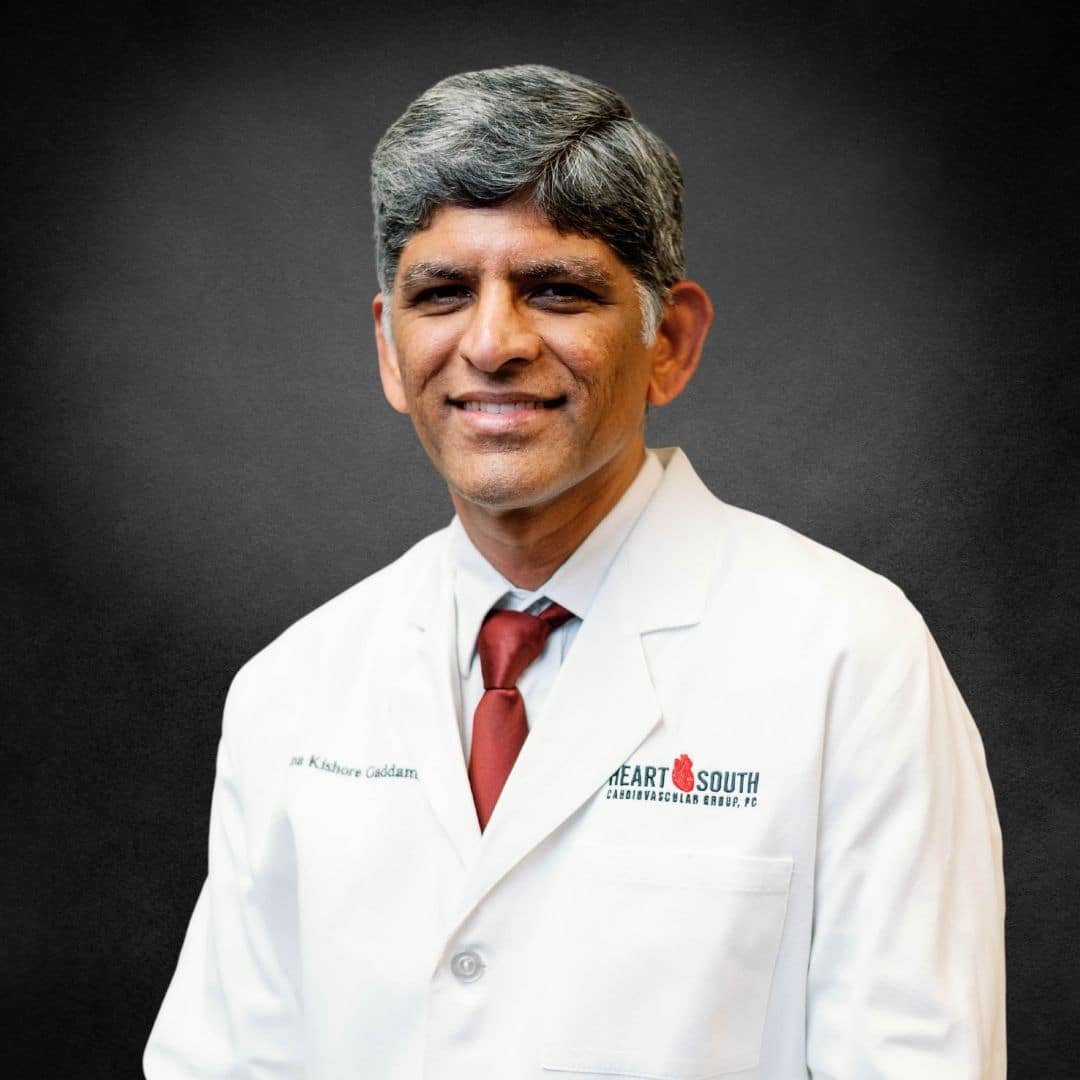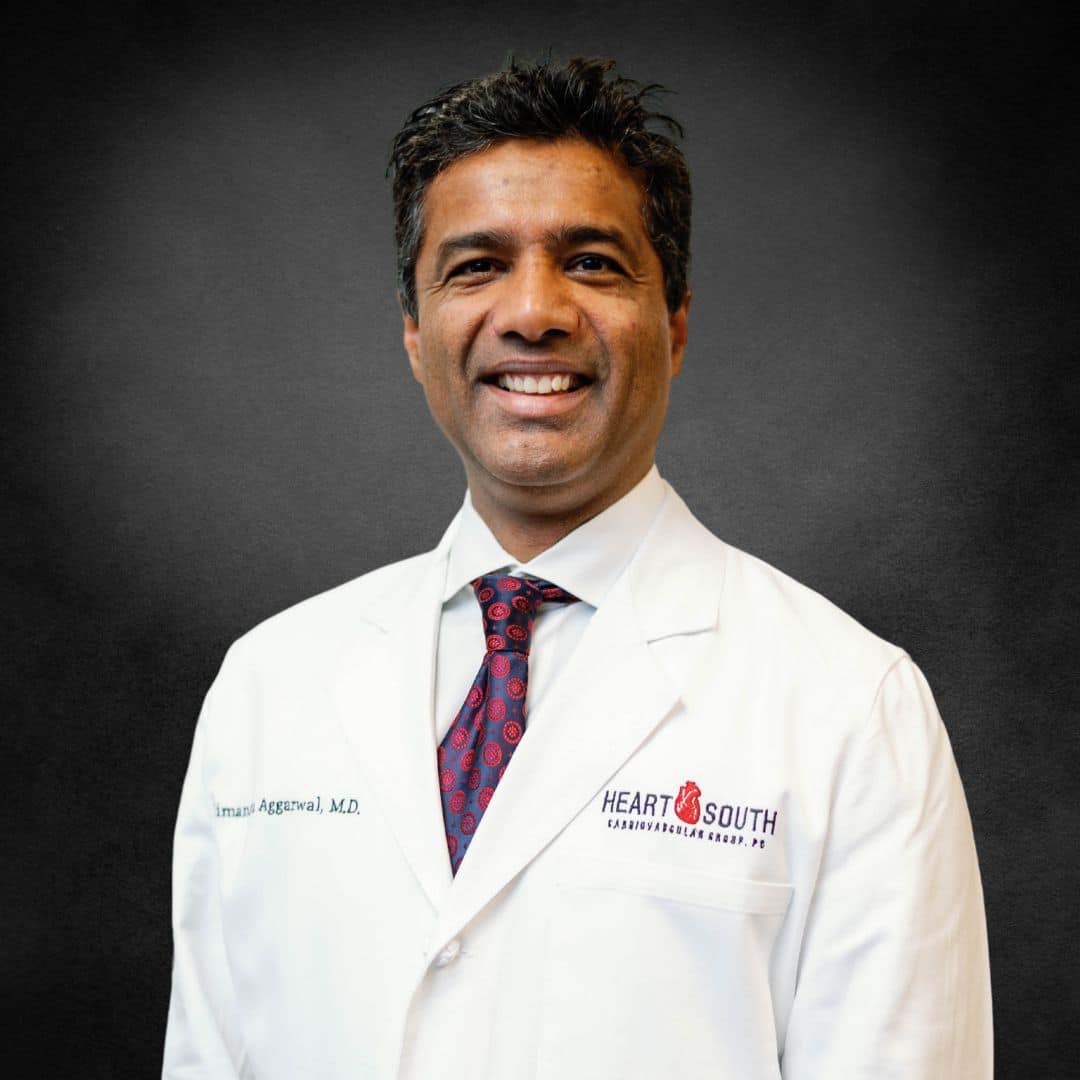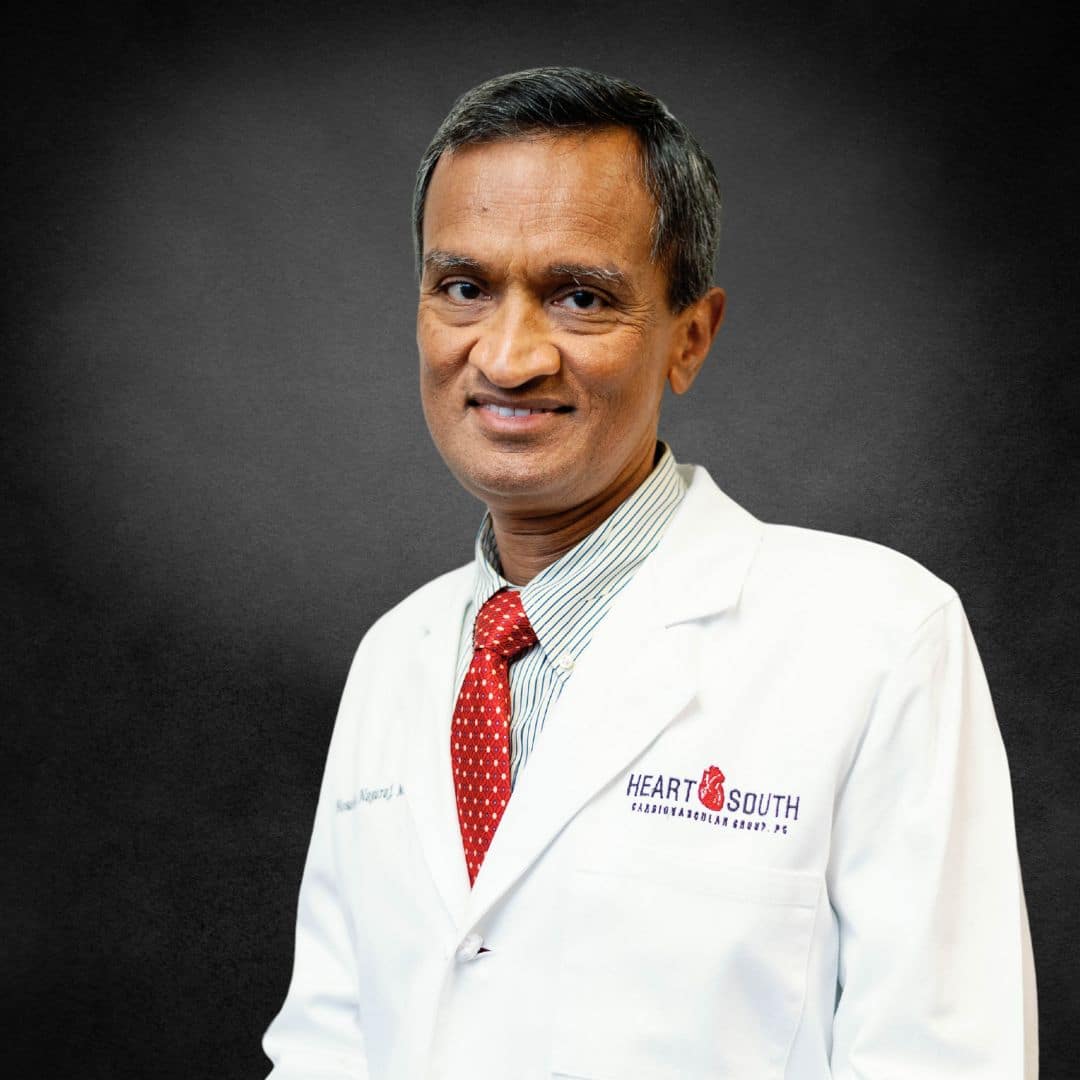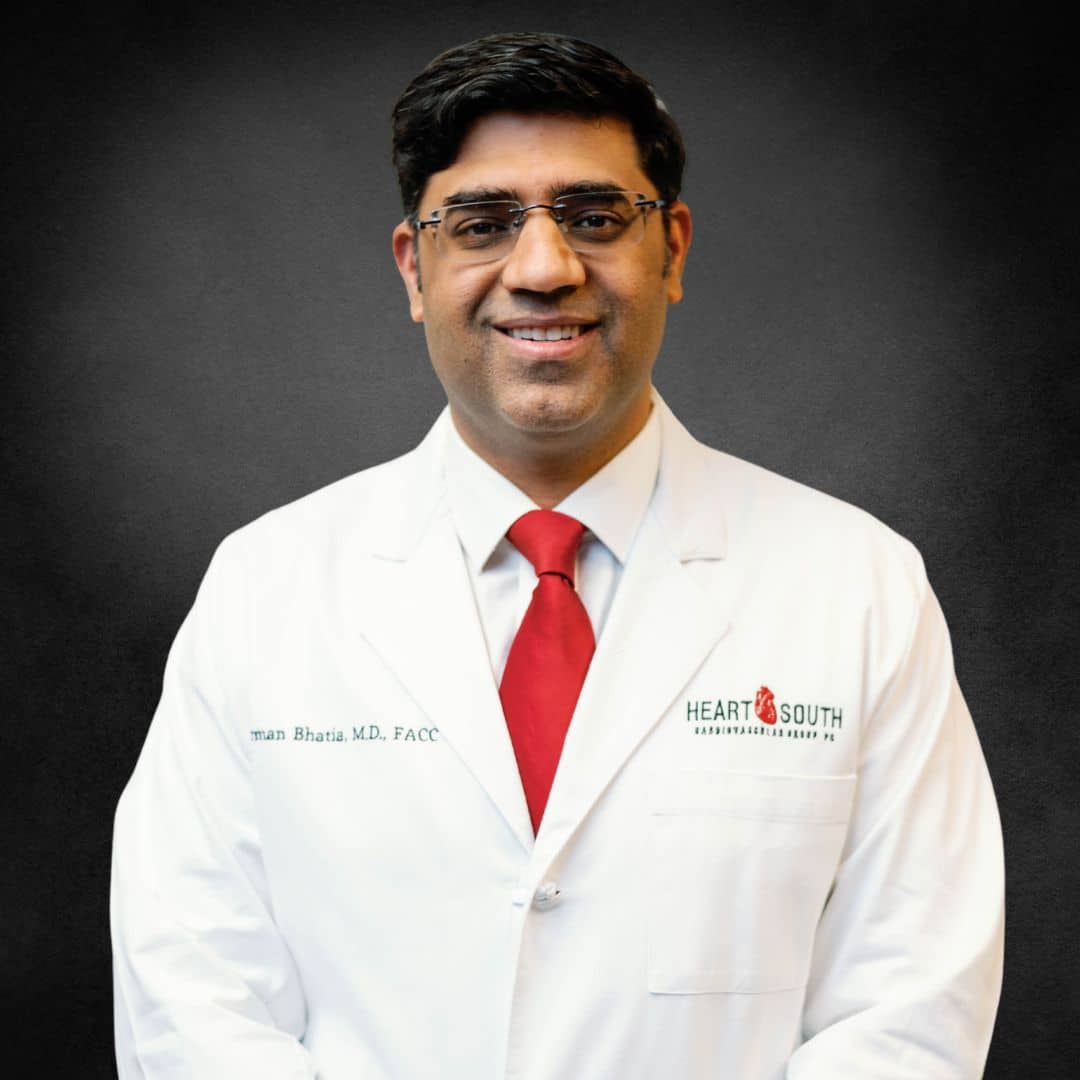What are Structural Heart Diseases?
Structural heart diseases involve abnormalities in the heart’s anatomy or “structures” (i.e., valves, chambers, and walls). When the heart’s structures or parts are damaged, blood flow can be altered, and major complications such as stroke, heart failure, or death can follow. Some of these conditions may be present from birth, while others are acquired later in life.
As we age, some of the heart structures may degenerate or get damaged, giving rise to structural heart diseases.
- Valvular problems, such as aortic stenosis (narrowing of the aortic valve) or mitral valve regurgitation (leakage of the mitral valve).
- Abnormal openings between heart chambers, such as ventricular septal defect (VSD) or atrial septal defect (ASD).
- Left atrial appendage (LAA) issues, where blood can stagnate and form clots, leading to an increased risk of stroke, especially in patients with atrial fibrillation (AFib), an irregular heart rhythm.
As these diseases are often progressive, symptoms can worsen over time, and the risk of complications increases, especially with age.
What is a Structural Heart Disease Program?
Previously, many structural heart diseases required open-heart surgery for treatment. However, recent advances in medical technology now allow many of these conditions to be treated with minimally invasive, catheter-based procedures. These procedures involve inserting tubes (catheters) through the arteries or veins in the legs to place valves or plugs in the heart.
At Heart South Cardiovascular Group, we have developed a Structural Heart Disease Program that offers advanced treatment options for patients with complex structural heart conditions. The program utilizes a multi-disciplinary team that includes:
- General cardiologists with a focus on cardiac imaging.
- Electrophysiologists specializing in heart rhythms.
- Interventional cardiologists skilled in catheter-based procedures.
- Cardiac surgeons for more complex needs.
This team works together to evaluate and treat structural heart diseases using the latest technology and minimally invasive techniques. The goal is to provide compassionate, state-of-the-art care that prioritizes the well-being of the patient and their family.
Structural Heart Procedures Performed:
Transcatheter Aortic Valve Replacement (TAVR)
A minimally invasive procedure to replace a diseased aortic valve with a new one, avoiding the need for open-heart surgery.
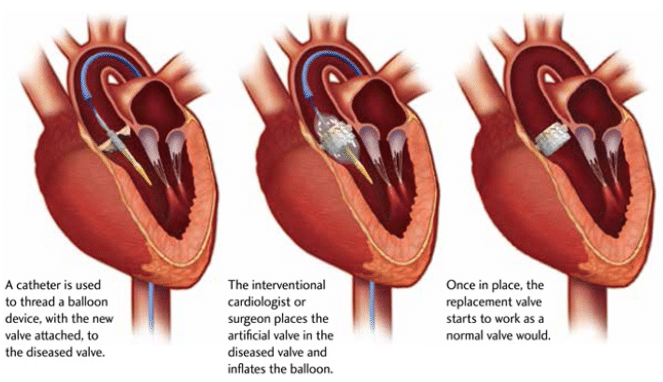
MitraClip
A small device that is attached to the mitral valve to treat mitral regurgitation, allowing the valve to close more completely and restore normal blood flow through the heart.
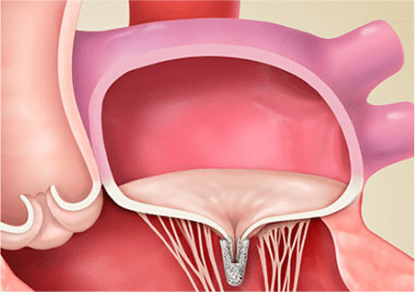
WATCHMAN Implant
The WATCHMAN device is used to close off the left atrial appendage (LAA), a part of the heart where blood clots often form, potentially reducing the risk of stroke. This procedure may allow patients to stop taking warfarin, coumadin or other blood thinners.
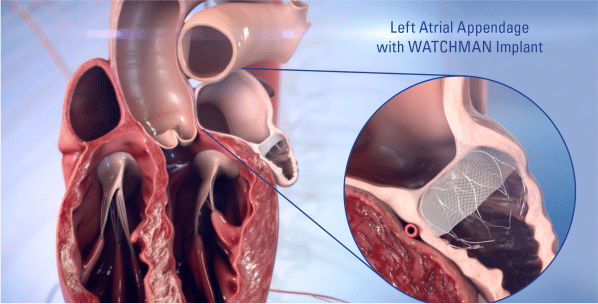
Meet Our Structural Heart Specialists:
Our Commitment to Patients
At Heart South, we are committed to providing personalized, compassionate care in a state-of-the-art setting. Our Board-Certified Physicians—including Dr. Gaddam, Dr. Aggarwal, Dr. Nagaraj, and Dr. Bhatia—specialize in cardiovascular diseases, with a focus on structural heart procedures. We offer expert care to patients, particularly in the Birmingham area, as well as Bibb and Chilton counties.
If you or a loved one is facing a structural heart issue, we have the right doctor for you.
What are Structural Heart Diseases?
Structural heart diseases involve abnormalities in the heart’s anatomy or “structures” (i.e., valves, chambers, and walls). When the heart’s structures or parts are damaged, blood flow can be altered, and major complications such as stroke, heart failure, or death can follow. Some of these conditions may be present from birth, while others are acquired later in life.
As we age, some of the heart structures may degenerate or get damaged, giving rise to structural heart diseases.
- Valvular problems, such as aortic stenosis (narrowing of the aortic valve) or mitral valve regurgitation (leakage of the mitral valve).
- Abnormal openings between heart chambers, such as ventricular septal defect (VSD) or atrial septal defect (ASD).
- Left atrial appendage (LAA) issues, where blood can stagnate and form clots, leading to an increased risk of stroke, especially in patients with atrial fibrillation (AFib), an irregular heart rhythm.
As these diseases are often progressive, symptoms can worsen over time, and the risk of complications increases, especially with age.
What is a Structural Heart Disease Program?
Previously, treatment for most of the structural heart and valve diseases involved open-heart surgery. However, recent advances allow the treatment of many structural heart diseases with minimally invasive, catheter-based approaches, where valves and plugs can be placed in the heart through tubes inserted via the arteries or veins of the legs.
To offer these advanced therapies to patients, a ‘Structural Heart Disease Program’ has been developed at Heart South Cardiovascular Group, wherein, physicians have formed a multi-disciplinary team including general cardiologists specializing in cardiac imaging, electrophysiologists, interventional cardiologists, and cardiac surgeons to evaluate & treat complex structural heart diseases using the latest technology. These procedures include TAVR (transcatheter aortic valve replacement), Mitra-Clip, Watchman Implantation, Alcohol Septal Ablation, Atrial, and Ventricular Septal Defect closure, Patent Foramen Ovale (PFO) closure, and Peri-Valvular Leak closure. At Heart South, our Structural Heart Program is designed to be patient-centric, providing compassionate yet state-of-the-art care to our patients and their loved ones.
Dr. Gaddam, Dr. Aggarwal, Dr. Nagaraj, and Dr. Bhatia are Board-Certified in Cardiovascular Disease specializing in structural heart procedures.
Structural Heart Procedures Performed:
Transcatheter Aortic Valve Replacement (TAVR)
A minimally-invasive procedure that allows the aortic valve to be replaced with a new valve.
MitraClip
A small device that is attached to the mitral valve to treat mitral regurgitation, allowing the valve to close more completely and restore normal blood flow through the heart.
WATCHMAN
The WATCHMAN Implant closes off an area of the heart called the left atrial appendage (LAA) to keep harmful blood clots that can form in the LAA from entering the bloodstream and potentially causing a stroke. It is estimated that 90% of the clots from the heart that cause strokes come from the LAA. By closing off the LAA, the risk of stroke may be reduced and, over time, patients may be able to stop taking warfarin.
We are a comprehensive health care source for cardiovascular medicine delivered in a personal, considerate, responsive, and well-informed approach. We serve patients from all over, especially the Birmingham area and Bibb and Chilton counties. We have the right doctor for you.


